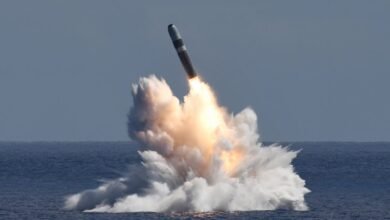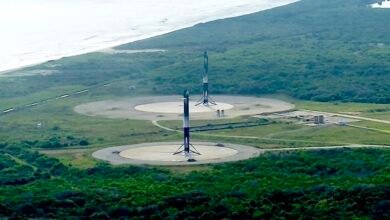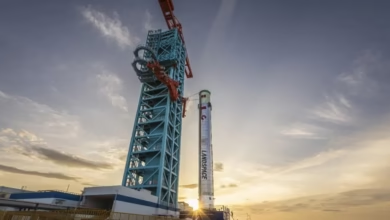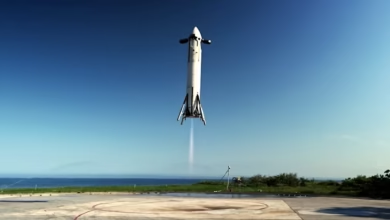Europe’s Reusable Rocket Faces New Delay; SpaceX Expands at SLC-37
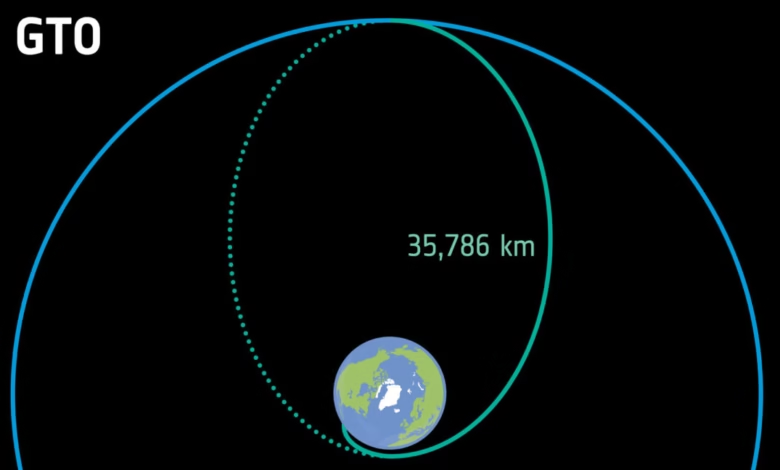
▼ Summary
– Elon Musk expressed regret for his social media comments against Trump and reversed his threat to decommission the Dragon spacecraft, the only current US means to send astronauts to the ISS.
– Concerns persist that Musk’s association with Trump could jeopardize the US space program, despite the recent de-escalation.
– The Rocket Report invites reader submissions and provides updates on various rocket categories and upcoming launches, encouraging subscriptions for regular access.
– Quebec is investing $10 million CAD in Reaction Dynamics, a Montreal-based company aiming to launch microsatellites from Canada by 2027.
– Canada lacks domestic satellite launch capability, and Reaction Dynamics, founded in 2017, plans its first suborbital test this year, with orbital flights targeted for 2027.
The latest developments in space exploration reveal shifting priorities and fresh investments across the industry, with reusable rockets facing setbacks while new players emerge in the small satellite launch market.
Recent tensions between high-profile figures in the space sector have settled somewhat, though concerns linger about how political dynamics might influence future missions. While public disagreements made headlines last week, focus has now shifted back to critical projects, including maintaining the only crewed spacecraft currently servicing the International Space Station.
Quebec is making a bold move into the small launch sector, committing $10 million CAD ($7.3 million) to Reaction Dynamics, a Montreal-based startup developing microsatellite launch capabilities. Premier François Legault announced the funding during a visit to the company’s Longueuil facility, with provincial officials emphasizing the goal of achieving orbital launches by 2027. This investment could help Canada address a significant gap, unlike other G7 nations, it lacks an independent launch capability, whether through government or commercial programs.
Founded in 2017 by propulsion expert Bachar Elzein, Reaction Dynamics aims to conduct its first suborbital test later this year, followed by orbital attempts with its Aurora rocket within the next few years. The company’s progress could mark a turning point for Canada’s space ambitions, which have historically relied on international partnerships rather than homegrown launch systems.
Meanwhile, reusable rocket programs in Europe face further delays, complicating efforts to compete with industry leaders like SpaceX. Technical challenges and funding hurdles have slowed development, raising questions about whether these systems will achieve operational status on schedule. In contrast, SpaceX continues expanding its launch infrastructure, securing additional facilities to support its growing manifest of missions.
For those tracking upcoming launches, the schedule remains packed with missions ranging from smallsat deployments to heavy-lift endeavors. Stay tuned for updates on key milestones as the industry navigates both breakthroughs and setbacks in the race to space.
(Source: Ars Technica)
